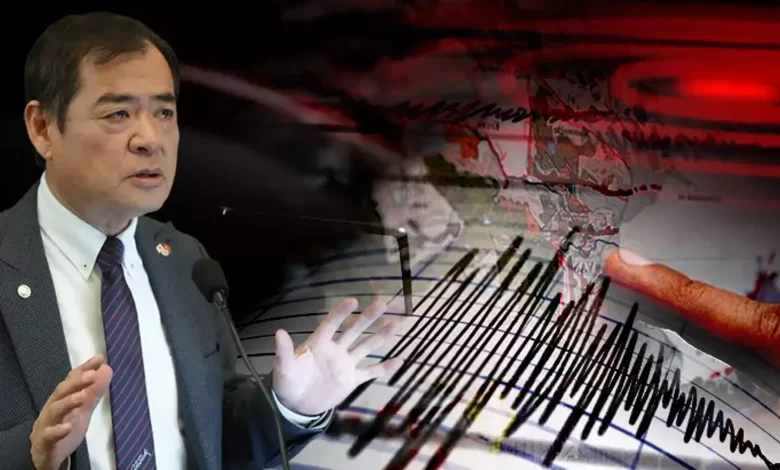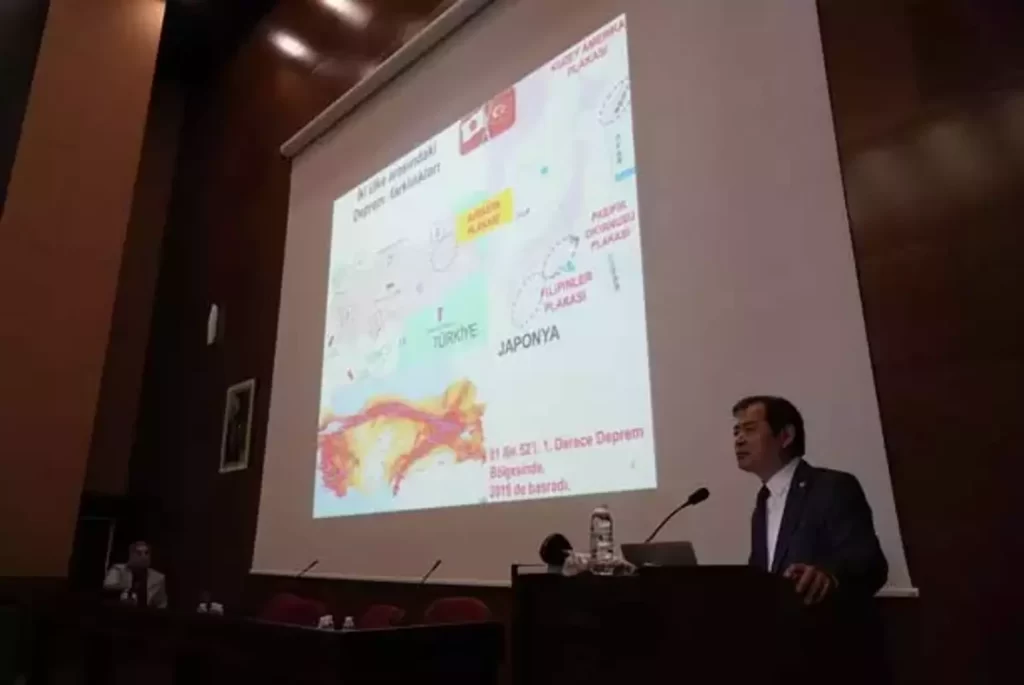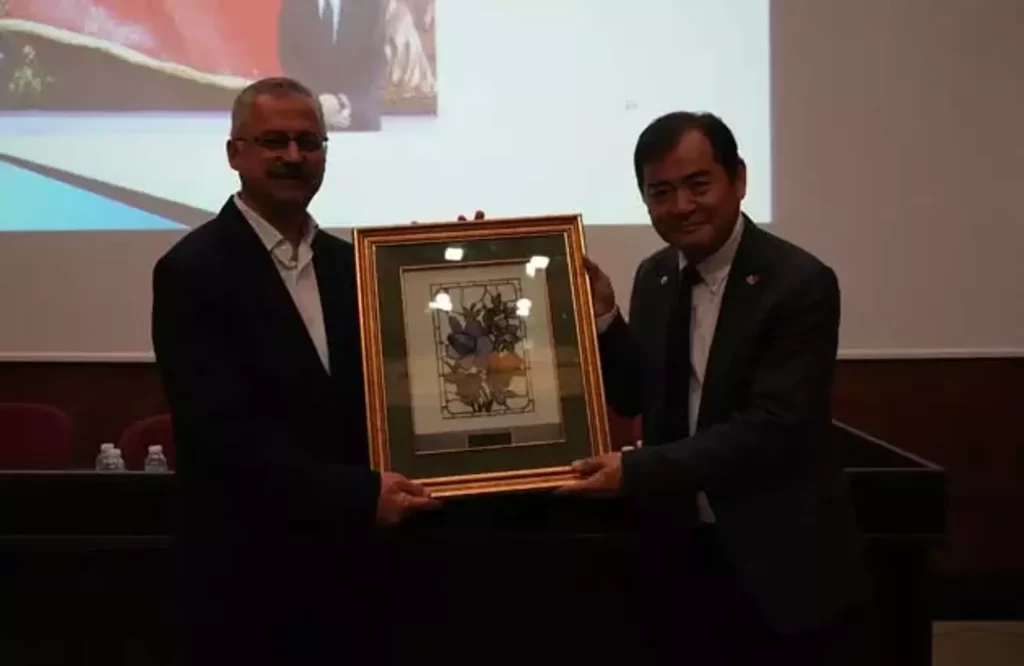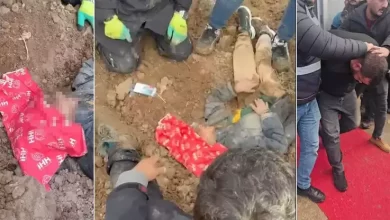
Japanese earthquake expert, civil engineer, and architect Yoshinori Moriwaki has issued a stark warning about a potential high-risk earthquake zone in Turkey’s Marmara Region, emphasizing that the Bandırma district may face serious danger due to centuries of accumulated seismic stress.
400 Years of Seismic Pressure on the Fault Line
Speaking at the “Turkey’s Seismicity Through the Eyes of a Japanese Earthquake Expert” conference organized by Kırıkkale University’s Faculty of Engineering and Natural Sciences, Moriwaki stated:
“There is a fault line stretching through Gemlik, Bursa, Bandırma, Çanakkale, Balıkesir, and Ayvalık. Especially around Bandırma, there hasn’t been a major earthquake for 350–400 years. That fault segment has been building up pressure. While Balıkesir occasionally experiences small tremors, Bandırma deserves close attention.”
A Warning for the Marmara Region
Moriwaki highlighted that Turkey, much like Japan, lies on multiple active fault zones, making earthquake preparedness crucial. He noted that while the Tekirdağ–Yalova–Çınarcık fault partially released energy in previous events, the remaining 70 kilometers near Küçükçekmece and Yalova still pose a potential earthquake threat.
“After the 1999 Yalova–Çınarcık earthquake and the 1912 Gelibolu quake, the central section around Silivri experienced a 6.1 quake on April 23, slightly releasing the pressure. But the remaining section could still trigger a large earthquake,” he explained.
Other Regions with Active Faults
The expert also pointed out that Central Anatolia hosts several short fault lines:
“There’s a short fault line running through Kırıkkale toward Tuz Gölü, and another one north of Çankırı. However, Ankara’s ground composition is mostly rocky, and it does not sit directly on an active fault, so a major earthquake there is unlikely. Still, small tremors occasionally occur around Kütahya, Niğde, and Konya.”
“Preparedness Is the Key”
Moriwaki emphasized the importance of individual earthquake preparedness, stating:
“Everyone must be ready for earthquakes — especially in countries like Turkey, Japan, and Indonesia. Keep an emergency bag with essentials like water, a whistle, chocolate, and salt. Secure furniture at home, and decide in advance where your family will meet after a quake.”
Recalling his personal experience during Japan’s 2011 disaster, he said,
“We hadn’t planned a family meeting point, and I couldn’t reach my family for a long time. That’s why it’s crucial to plan ahead.”

“The Gap Between Magnitude 8 and 10 Is Enormous”
Prof. Dr. Orhan Doğan, who moderated the conference, noted that Japan has long mastered earthquake management compared to Turkey:
“Japan experiences earthquakes reaching magnitudes up to 10 but suffers minimal damage because of strict building standards. In Turkey, even magnitude 8 quakes can cause severe destruction. We wanted our students to hear firsthand how Japan achieves this resilience.”
At the end of the program, Faculty Dean Prof. Dr. Murat Lüy and Civil Engineering Department Head Prof. Dr. Osman Yıldız presented Moriwaki with a certificate of appreciation and a commemorative gift.







